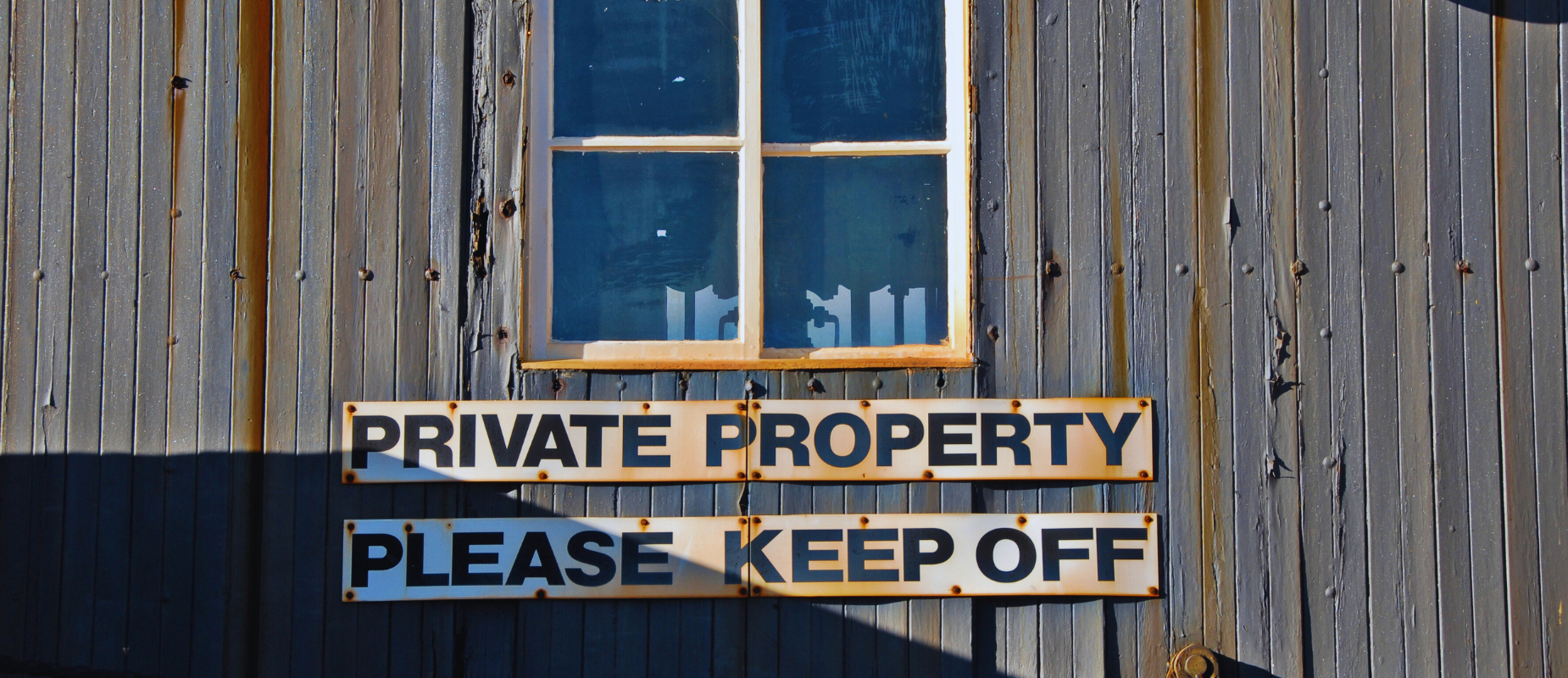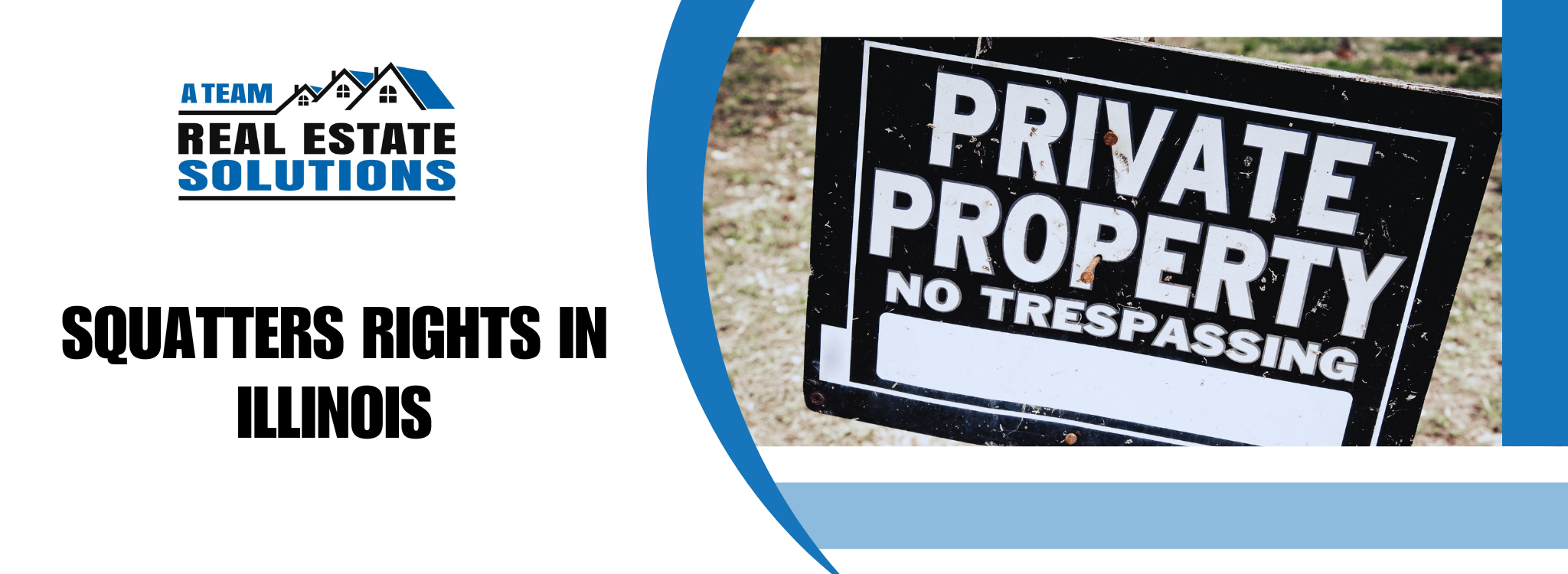
Exploring The Legal Concept Of “Squatters’ Rights” In Illinois
Property ownership and tenancy in Illinois are governed by a legal principle referred to as “squatters’ rights.” Temporary occupant rights pertain to the entitlements of persons who have occupied a property without the owner’s consent for a specific duration.
If specific criteria are satisfied, squatters’ in Illinois may assert adverse possession or prescriptive easement, gaining title or use of the property. Nevertheless, it is important for homeowners and renters to understand that stringent criteria and restrictions must be met for these claims to achieve validity.
A comprehensive understanding of the legal ramifications of squatters’ rights in Illinois is crucial for both parties to safeguard their own rights and interests.
A Comprehensive Guide To Understanding Squatters’ Rights In Illinois
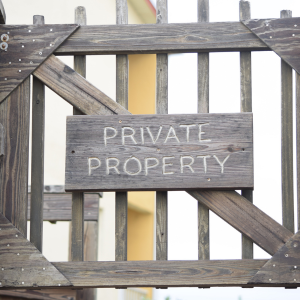
Both landlords and renters in Illinois need to know about squatters’ rights. Squatting is living on someone else’s land without their permission, and many people in Illinois have this problem.
This detailed guide will discuss all the different parts of squatters’ rights in Illinois. It will be helpful for people who may be going through this. This guide will tell you everything you need to know about squatters‘ rights in Illinois, from what squatting means in the eyes of the law to what your rights are as a landlord or renter.
By the end of this piece, you’ll know more about how to keep yourself and your property safe from people who might be squatting.
The History And Evolution Of Squatters’ Rights In Illinois
Squatters’ rights in Illinois go back a long way and are not easy to understand. In the early 1800s, when the state was still being settled, squatters’ were often seen as brave pioneers ready to live in places that weren’t settled yet.
These people didn’t have a formal right to the land they lived on, but their presence often helped new towns and cities grow. As the population grew and land became more expensive, fights between squatters’ and people who owned the land occurred.
In reaction, Illinois passed its first Homestead Act in 1827. This law let squatters’ claim ownership of land that wasn’t being used after living on it for some time. Laws and court decisions have changed and shaped squatters’ rights in Illinois over the years, leading to the current form set out in the Illinois Squatter’s Rights Act of 1995.
Nowadays, both landlords and renters need to know about these rights to prevent squatters’ from taking over their property.
Common Misconceptions About Squatters’ Rights In Illinois

Several false ideas exist about squatters’ rights in Illinois. A common misconception is that a squatter immediately owns a property after living there for some time.
Truthfully, this is not true. Surveillance occupiers must meet certain conditions and undergo a formal process called adverse possession to become owners.
Incorrect: Landlords can’t remove renters from their property without going to court. However, they can remove squatters’ from their property as long as they take the right steps.
Additionally, some may think that paying a squatter or making a lease agreement with them will keep them from evicting, but this is not true. Although squatters’ may have agreed to pay money or sign a contract with the property owner, they can still be removed legally.
Residents and landlords should be aware of these common squatters’ rights myths to protect their property and avoid trouble with the law.
How To Determine If You Qualify For Squatters’ Rights In Illinois
One confusing and commonly confused idea in Illinois is squatters’ rights, also known as adverse possession. However, understanding your rights as a homeowner or renter is important for keeping your stuff safe.
In Illinois, you must meet certain requirements to be eligible for squatter rights. First, the person must have lived in the property without a license for at least 20 years.
It’s also necessary that they pay all property taxes during that time. Third, the occupation must be unfriendly, which means that the person doing it does not have a legal right or complaint about the property.
Additionally, the person must have sole ownership of the property, which means they are not sharing it with anyone else. These qualities are necessary to make a claim for squatters’ rights in Illinois.
The Role Of Adverse Possession In Squatters’ Rights Cases
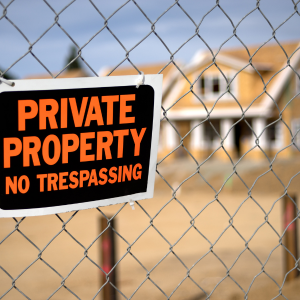
In Illinois, squatters’ rights are based on the legal idea of adverse possession. If a person occupies a property without the owner’s consent for a set period of time, they may be entitled to claim legal ownership.
Adverse possession disputes can emerge when there is doubt or disagreement about property limits or ownership. Squatters’ must demonstrate open and continuous possession of the property for at least 20 years.
Furthermore, they must demonstrate that their ownership was exclusive and free of interference from the genuine owner. Understanding adverse possession, a difficult and controversial component of squatters’ rights in Illinois, is crucial for homeowners and renters alike.
The Importance Of Knowing Your Property Boundaries For Squatters’ Rights Claims
Knowing the lines of your land is important to understanding squatters’ rights in Illinois. People who own or rent their homes need to know this because it can greatly affect any squatter’s rights cases.
It is important to know the exact boundaries of your land, including any easements or rights-of-way that may be in place. This will help you determine if someone living on your land without permission has a good case for squatters’ rights.
If you don’t know where the lines of your property are, you could lose a court case against a renter and lose ownership of your land.
Defining And Identifying Abandoned Properties Under Squatters’ Rights Laws
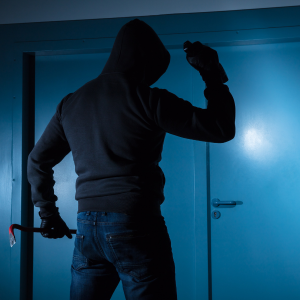
Illinois’s squatters’ rights rules say that a property is abandoned if it has been empty and unoccupied for a long time and there is no clear evidence of ownership or occupancy.
These houses are distinguished from others by their boarded-up windows, overgrown yards, and lack of services.
It’s important for both homeowners and renters to know what an “abandoned property” is and how to spot one under squatters’ rights rules because they may have to deal with them in disputes over possession or eviction.
If people know what abandoned property is, they can follow the rules and understand their rights and responsibilities.
The Impact Of Property Taxes On Squatters‘ Rights Claims In Illinois
When landlords and renters in Illinois try to determine their squatters’ rights, they should think about how property taxes will affect them. If you are a squatter in Illinois, the amount of property taxes you pay can affect your claim for adverse possession.
This is because someone who takes formal ownership of a property through adverse possession has to pay all property taxes for a certain amount of time. If a squatter doesn’t pay these taxes, their claim could be lessened or even thrown out.
It can also be used against the squatter’s claim if the homeowner or landlord has been paying property taxes on the property in question for a long time. Because of this, both sides in a possible squatters’ rights case need to know about property taxes and how they can change the result of these kinds of cases in Illinois.
Strategies For Protecting Your Property From Squatters’ In Illinois
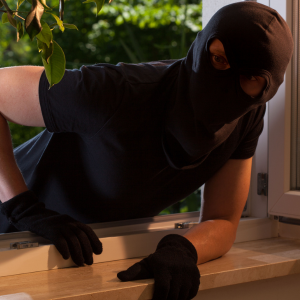
Illinois landlords and renters have long struggled with squatters’ rights. People living on someone else’s land without permission often exploit legal loopholes and complicated laws.
If you own or rent a home, it’s important to know how to keep unwanted people out. One good idea is to check your property often and write signs indicating that people are living or entering without permission.
Also, clear lines of separation should be ensured, and all doors and windows should always be locked properly. Also, keeping copies of deeds or rental agreements can help you prove your case if you have a disagreement with squatters’.
Another helpful thing you can do is talk to a lawyer immediately if you think squatters’ are trying to take your property. As an Illinois homeowner or renter, you can better protect your rights if you take action and know what’s happening.
Navigating The Legal Process For Filing A Claim Under Squatters’ Rights Laws
For both homeowners and renters in Illinois, the legal process for filing a claim under squatters’ rights rules can be difficult to understand and follow. People can legally own land if they have lived there without permission or payment for a certain amount of time. This is called squatters’ rights, which is also called adverse possession.
This time frame is 20 years for residential properties in Illinois and 7 years for business properties. To make a claim, a person must first show proof that they meet the requirements for adverse possession. They must then go through the court system to get a final decision.
This could mean getting papers, witnesses, and maybe even a lawyer to help you with your case. To ensure a good result, knowing the specific laws and procedures in Illinois is important when going through this legal process.
Examining Recent Court Cases Involving Squatters’ Rights In Illinois
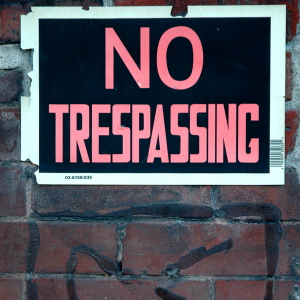
Some new Illinois court cases have shown how complicated squatters’ rights are in the state. One homeowner tried to get rid of a squatter who had lived on their land for more than a year but failed because the squatter claimed adverse possession.
This means the renter legally owned the land by living there without permission for a long time and in public. Another case involved a renter who let a friend stay in their apartment for a long time. When they returned, they found that their friend had also taken control of the rental unit and claimed it as their own.
Recent court decisions show how important it is for homeowners and renters to fully understand squatters’ rights in Illinois so they don’t lose their property or get into expensive legal fights.
Debunking Myths Surrounding Evicting Squatters’ With Valid Claims In Illinois
In Illinois, homeowners and renters may not have the right to kick out squatters’ with true claims, despite what most people think. People who don’t know about squatters’ rights in the state often spread this lie.
Laws against adverse possession may protect squatters’ who have lived on a property for some time. This means that they can legally claim the property as their own if they meet certain conditions, like living there without permission and paying property taxes.
People who own or rent homes in Illinois should know their legal rights and talk to a lawyer before trying to kick out squatters’ who have legitimate claims.
Understanding The Difference Between Trespassing And Squatting In Illinois
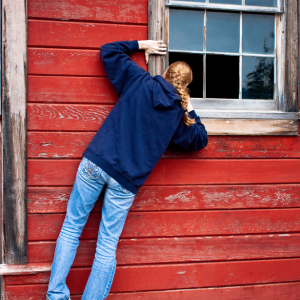
In Illinois, squatters’ rights can be difficult for homeowners and renters to understand. Knowing the difference between squatting and trespassing is important to fully understand this problem.
Trespassing is when you enter someone else’s property without their permission. Squatting, on the other hand, is when you live on someone else’s property even though you don’t officially own or rent it. Both are against the law, but Illinois law has more detailed rules and penalties for squatting.
People who own their own homes and people who rent should know these differences to protect their property rights and avoid trouble with the law.
Evaluating The Risks And Benefits Of Pursuing A Claim Under Squatters’ Rights Laws
Adverse possession, another name for squatters’ rights, can be hard to understand and debate for landlords and renters in Illinois. These rules were made to protect people who have lived on a property for a long time without legally owning it, but they can also be hard and dangerous for property owners.
It is important to carefully weigh the pros and cons of a squatters’ rights claim before proceeding. If a renter claims adverse possession, they may be able to own the property. However, this could lead to expensive court cases and hurt their relationship with the property owner.
Before doing anything, both sides must fully understand their rights and duties.
Can You Evict A Squatter In Illinois?
In Illinois, landlords and renters must know about squatters’ rights. The state’s rules about squatters are complicated and hard to understand if you don’t know what you’re doing.
One of the things that Illinois property owners worry about the most is whether or not they can get rid of a renter. The answer is yes, but you have to take certain legal steps.
People who squat on someone else’s land in Illinois are breaking the law and can be kicked off using either a forcible entry and detainer action or an ejectment action. This is important to know: trying to get rid of a renter by yourself, like by changing the locks or taking their things away, is illegal and could get the property owner in trouble with the law.
When dealing with squatters in Illinois, getting legal help and following the right steps is important.
What Is The Shortest Time For Squatters’ Rights?

Both landlords and renters in Illinois may find squatters rights difficult to understand. One important question that might come to mind is how long it takes for squatters to get their rights. Illinois law doesn’t say how long it takes for squatters to get legal rights to a place.
However, squatters must live there without the owner’s permission for at least 20 years before claiming ownership. Property owners and renters should keep a close eye on their homes and get rid of any unwanted guests before this important date.
In Illinois, squatters have complicated rights. Knowing these rights can help everyone avoid legal problems in the future.
Can You Turn Off Utilities On A Squatter In Illinois?
Squatters’ rights can be a challenging and complicated subject for both landlords and renters in Illinois. A typical question is whether a homeowner can cut off a squatter’s utilities.
It’s not easy to answer this question clearly because it depends on the entire case. In most cases, cutting off the squatter’s services could be illegal if they have established residency and are paying for utilities.
Some homeowners may be able to block squatters access if they are not paying for utilities and are just trespassing on the land. Illinois homeowners and renters should know their rights and legal choices when there are squatters.
What Are The 5 Requirements For Adverse Possession In Illinois?
Illinois homeowners and renters need to know about squatters rights because they can affect their rights to own and rent a property. You can legally own land by living on it continuously for a certain amount of time. This is called “adverse possession,” which is also known as “squatters’ rights.”
That someone has adverse ownership in Illinois means that five conditions are met. Some of these are unrestricted and obvious possession, constant possession for at least 20 years, hostile or adverse possession against the true owner’s interest, and paying property taxes for 20 years.
People need to know these rules to protect their property rights and avoid trouble with squatters.
This information applies to Illinois and its cities, including Chicago, Peoria, Rockford, Springfield, etc. For more details, please call us at (708) 608-0420 or visit our website at A Team Real Estate Solutions.
Get Cash For Your Chicago Property!
We buy houses in Chicago and can close 90% faster than if you list your property with an agent. See how selling your home for cash works by filling out this quick form.
Additional Resources For Selling A Home In Illinois
| [ | |||||
| “ | ] | “ | ] |

